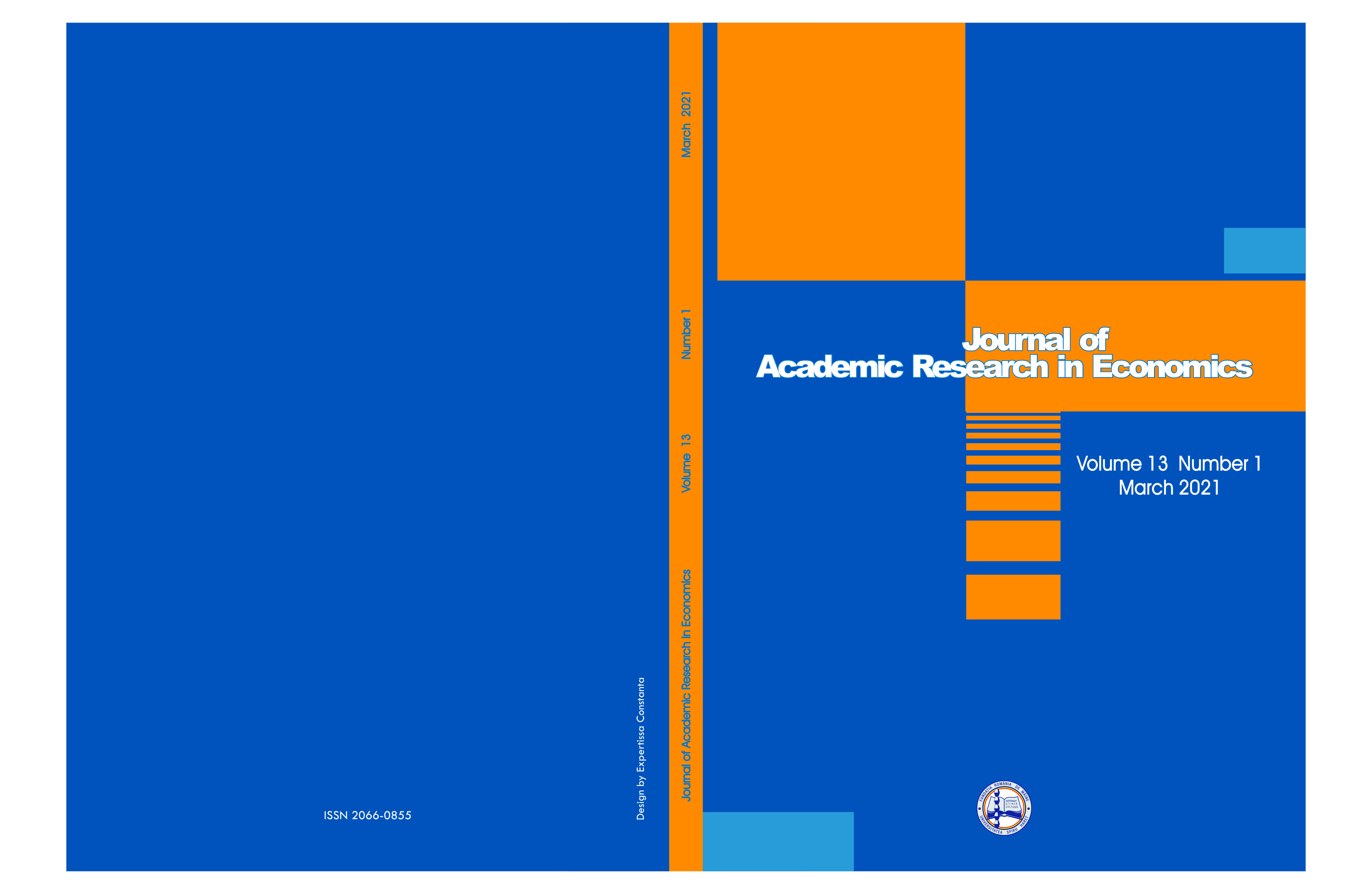MONETARY POLICY AND MALARIA OUTCOME IN NIGERIA: 1986 - 2018
MONETARY POLICY AND MALARIA OUTCOME IN NIGERIA: 1986 - 2018
Author(s): Peter Igbaudumhe Sede, Ulokoaga Daniel AyegbeniSubject(s): Public Finances
Published by: Universitatea SPIRU HARET - Faculty of Accounting and Financial Management
Keywords: Malaria; Monetary-Policy; ARDL and Nigeria;
Summary/Abstract: The study investigates the effect of monetary policy on malaria outcome in Nigeria. Time series data covering 1991-2018 were sourced and subjected to preliminary test of descriptive statistic, Augmented Dickey-Fuller unit root test. The variables were normally distributed and integrated of order I(1). The Engle and Granger two stage Co-integration technique was used to determine the long run relationship between variables of interest and cointegration is confirmed. The Autoregressive Distributed Lag (ARDL) of Error Correction Model (ECM) techniques was adopted to determine the short run dynamics. Findings among other things show that monetary policy proxy by money supply has a significant negative effect on malaria outcome in the long run. Poverty rate has a significant positive effect on malaria outcome both in the short and long run period. Literacy rate and economic growth have a mixed effect on malaria outcome during the studied period. The study therefore recommends, inter alia, that poverty alleviation policy and malaria enlightenment campaign should be emphasized. The paper also recommends that government should use significant proportion of economic growth to sponsor malaria prevention and eradication vaccine.
Journal: Journal of Academic Research in Economics (JARE)
- Issue Year: 13/2021
- Issue No: 1
- Page Range: 126-148
- Page Count: 23
- Language: English
- Content File-PDF

